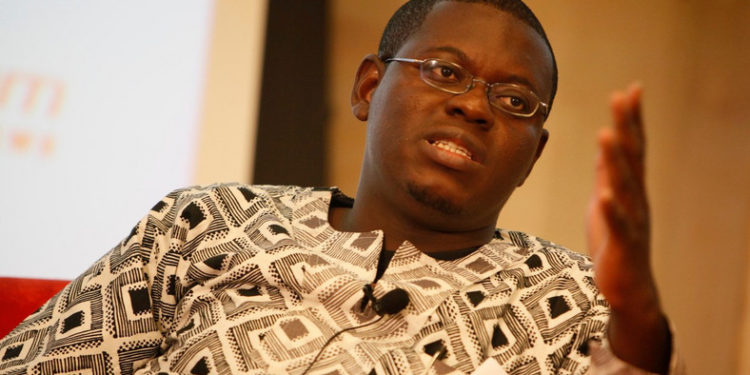Ghana’s Stake in Lithium Company Diluted as MIIF Boss Laughs to the Bank
1. The government gets a free stake in every mine built Ghana.
2. But this stake tends to be small, so if it wants more, it must buy from the investors putting up the mine. Thus, Ghana,through an agency called MIIF, decided to invest ~$33m for a higher stake in the country’s first lithium mine using money from its gold.
3. Ghana’s investment gets it a stake both in the local entity running the mine and the entity in London (dual-listed in Ghana) that controls it and raises the money.
4. Building the lithium mine has been delayed due to bureaucracy in Ghana, failure to announce new offtakers whose upfront purchases of the lithium will provide funds for the mine, and the collapse in lithium prices worldwide.
5. Consequently, the share price of the lithium company has dropped by more than 70% since Ghana decided to invest.
6. The lithium company has ~$7.3m of cash in the bank left from previous share sales. But as its share price slides, its market value also drops, making it more expensive to raise money. Existing investors see the size of their stakes drop in each new fund-raising round.

7. Civil Society activists flagged this issue strongly (see article below) but to no avail. Because the company is still very young, this kind of “stake dilution” will continue. Eventually, Ghana’s stake would be reduced to almost nothing. Unless Ghana keeps spending more money on shares in each round of fund-raising.
8. This week, the company raised ~$6.6m to stay afloat. As much as $5m was provided by the current majority share holder, Assore, owned by two South African billionaires. Two directors of the company were also major subscribers.
9. Here is where it gets juicy. Assore and the Directors got the new shares at an 11.5% discount to their market price. In simple terms, they got the shares for cheap.
10. One of the directors who benefitted from this nice prime cut of beef is the CEO of MIIF. Yes, the head of the Ghanaian Fund that invested in the lithium company.
11. Usually, Directors buying into struggling companies is seen as a sign of sacrifice and confidence in their ability to turn things around.
12. Not when they are getting a fat discount, though.

13. And when one of those Directors is an institutional representative of a government rather than a normal Director, it raises serious eyebrows.
14. Especially when the government that sponsored his seat on the Board of Directors is losing value from the investment, and the size of their stake is dropping. Meanwhile, important Ghanaian investors are lamenting the decision to use a private placement method instead of a more open “rights issue,” thereby denying them the opportunity to participate.
15. It is critical that all stakeholders continue to subject this whole lithium gig, and in fact, every aspect of the natural resource sector in Ghana and Africa, to serious scrutiny. The issues are often clothed in jargon, thus removing them from normal political accountability. We must work together – civil society, media, and citizens – to unpack the jargon and keep citizens fully informed.
You won’t see any serious media discussions on such issues in Ghana, because the public (even the middle-class segment of it) has no appetite. But on this page, we can buck that trend.
The CEO of a public fund negotiates the price of Ghana’s stake in a foreign lithium company about to start mining in the country. He pays ~$0.25 per share and expresses the state’s interest to pay ~$0.36 in future for more.
Months later, he turns around and buys hundreds of thousands of the same shares for less than $0.12 a share (at a double-digit market-price discount). Meanwhile, the government’s stake is being diluted and will keep being diluted.
Surely, such an issue deserves at least some cursory analysis by, at least, the elite groups in society?
In respect of, at least, one aspect of the issue: Is the country getting truly impartial advice in its dealings with the said lithium company when its main agent is being invited to participate in private placements not open to other shareholders in Ghana?








